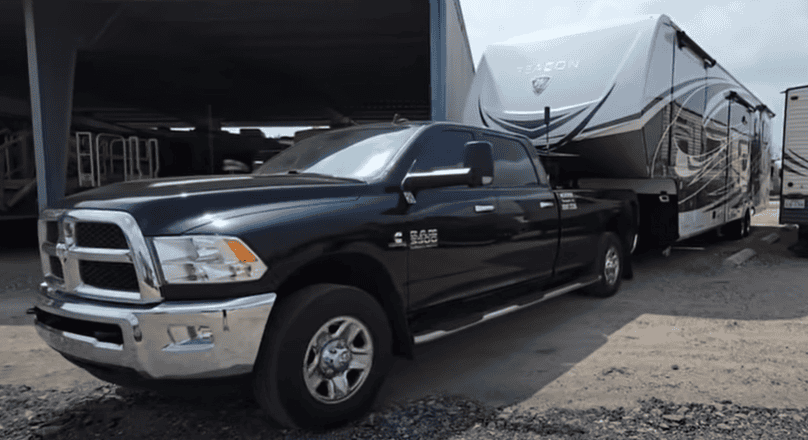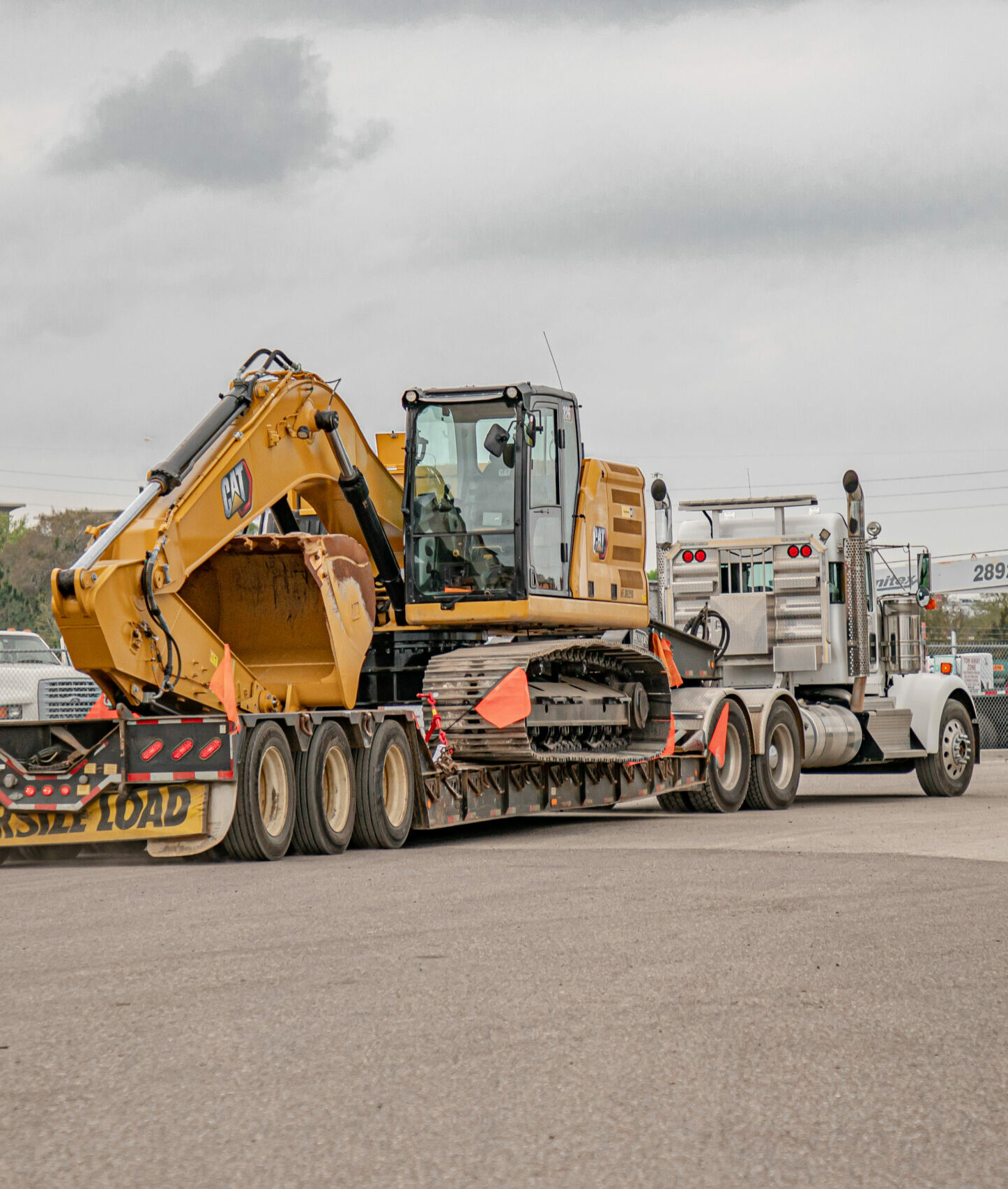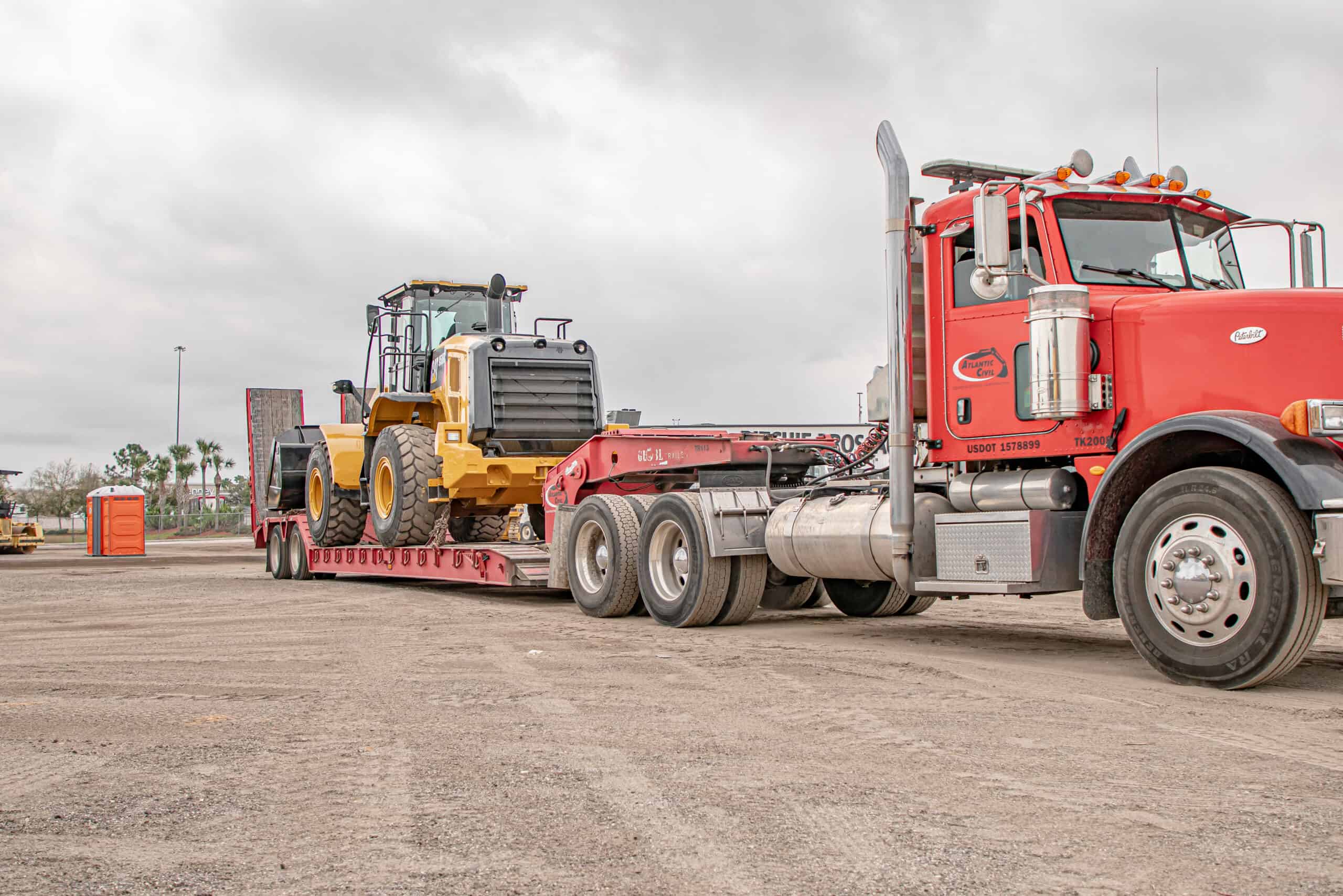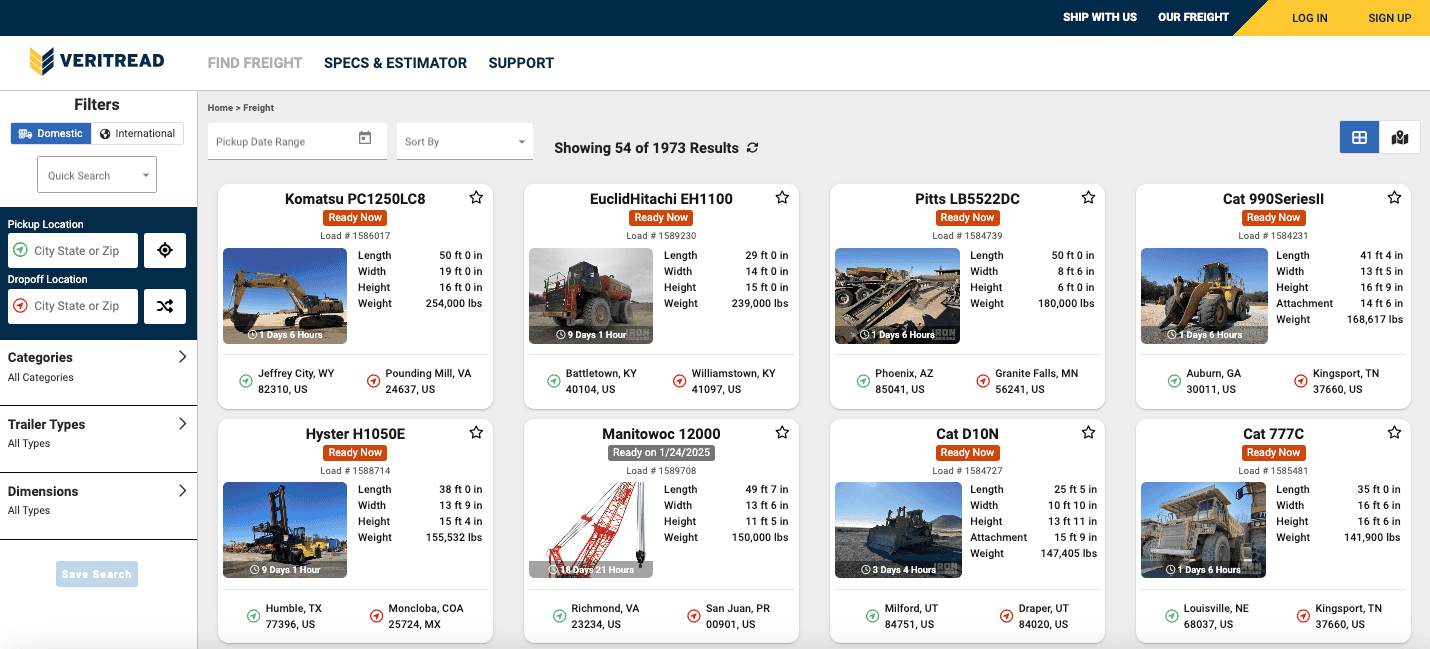DIY RV Transport vs. Professional Services

Moving your RV can be an exciting or a stressful task to deal with, depending on how you approach it. Many RV owners contemplate tackling the task themselves, drawn to the potential cost savings. However, transporting a large, heavy vehicle across the country involves significant risks and challenges. In this guide, we’ll talk about the pros and cons of both DIY RV transport vs professional services. We’ll explore factors like cost, safety, convenience, and personal capabilities to help you make an informed decision.
Outline:
- What Are The Advantages and Disadvantages of Transporting an RV Myself?
- How Do Professionals RV Transport Services Ensure Safety and Security During Transit?
- What Are The Costs Associated with DIY RV Transport Compared to Hiring Professionals?
- When Should I Consider Using A Professional RV Transport Service Instead of DIY?
- How Can I Decide If DIY RV Transport Is the Right Choice For Me?
What Are The Advantages and Disadvantages of Transporting an RV Myself?
Transporting your RV yourself offers a sense of control and the potential for cost savings. However, it’s essential to weigh the advantages against the significant challenges involved.
Advantages of DIY RV Transport
- Cost Savings: The most obvious benefit is the potential to save money by eliminating transportation fees.
- Flexibility: You have complete control over the itinerary, allowing for stops and detours as needed.
- Personal Touch: You have the assurance that your RV is being handled with care, as you’re responsible for its transport.
Disadvantages of DIY RV Transport
- Physical Demands: Driving a large vehicle for extended periods can be physically taxing and stressful.
- Time Consumption: Planning and executing the trip can be time-consuming, especially for long distances.
- Skill and Experience: Safe RV towing demands specific driving skills and experience.
- Risk of Damage: Accidents, breakdowns, or weather-related incidents can cause significant damage to your RV.
- Legal and Insurance Considerations: Complying with weight restrictions, permits, and insurance requirements can be complex.
While DIY RV transport might seem appealing for short distances or those with towing experience, it’s crucial to carefully assess your capabilities and the potential risks before making a decision.
How Do Professionals RV Transport Services Ensure Safety and Security During Transit?
Professional RV transport services prioritize the safe and secure delivery of your valuable investment. They employ a range of strategies to protect your RV during transit:
- Skilled Operators: Professional drivers have extensive experience handling large vehicles, ensuring safe maneuvering and handling.
- Appropriate Trailers: Using trailers designed for RV transport ensures proper fit and stability.
- Securement Systems: High-quality tie-downs and restraints prevent RV movement during transit.
- Comprehensive Protection: Most professional transport services offer comprehensive insurance policies covering potential damages.
- Efficient Routes: Careful route planning avoids obstacles, road restrictions, and adverse weather conditions.
- Permit Acquisition: Obtaining necessary permits for oversized loads ensures legal compliance.
- Vehicle Upkeep: Regular maintenance of transport vehicles guarantees optimal performance and safety.
- Real-Time Updates: GPS tracking allows for monitoring the RV’s location and condition.
- Pre-and Post-Transport Inspection: Detailed inspections document the RV’s condition before and after transport.
By entrusting your RV to professionals, you can have peace of mind knowing that it’s in capable hands.
What Are The Costs Associated with DIY RV Transport Compared to Hiring Professionals?
DIY RV Transport Costs:
- Fuel: The primary expense, influenced by fuel prices, distance, and your vehicle’s fuel efficiency.
- Vehicle Wear and Tear: Increased mileage can accelerate depreciation and maintenance costs.
- Tolls: Fees for highways and bridges can add up, especially for long-distance trips.
- Insurance: Ensure your policy covers towing an RV. Additional coverage might be necessary.
- Equipment: Investing in a suitable tow vehicle, hitch, and other towing equipment can be costly.
Professional RV Transport Costs:
- Transportation Fees: The primary expense, determined by factors like distance, RV size, and carrier’s rates.
- Insurance: Professional transporters typically include insurance coverage in their fees.
- Potential Additional Costs: Fees for extra services like pick-up, delivery, or storage might apply.
Note: While DIY transport initially appears cheaper, hidden costs and potential risks can offset savings. Professional services offer all-inclusive pricing and peace of mind.
When Should I Consider Using A Professional RV Transport Service Instead of DIY?
While DIY RV transport can be an option, there are several scenarios where hiring a professional service is strongly recommended:
- Long-Distance Moves: If you’re relocating to a different state or across the country, professional transport saves time, effort, and potential stress.
- Limited Towing Experience: Lack of experience towing large vehicles can lead to accidents and damage.
- Complex Routes: Mountainous terrain, narrow roads, or areas with strict weight restrictions demand expertise.
- Time Constraints: If you have a tight schedule, professional transport ensures timely delivery.
- RV Size and Weight: Larger or heavier RVs require specialized equipment and handling.
- Peace of Mind: For those who prefer a hassle-free experience, professional transport offers peace of mind.
By carefully considering these factors, you can determine if DIY RV transport or professional services align better with your needs and priorities.
How Can I Decide If DIY RV Transport Is the Right Choice For Me?
To determine if DIY transport is suitable for you, consider the following:
- Assess Your Skill Level: Are you comfortable and experienced in driving an RV long distances? If not, consider professional help.
- Calculate Costs Accurately: Weigh the actual expenses of DIY (fuel, maintenance, accommodation) against professional fees to determine the most cost-effective option.
- Consider Time and Effort: Do you have the time and energy for a potentially exhaustive trip? If your answer is no, a professional service might be more convenient.
- Evaluate Risk Tolerance: If the potential risk of damage and stress outweighs the benefits, opting for professional transport may be safer.
Making Informed Decisions When Shipping Your RV
Shipping your RV can be an intimidating process, but with the right knowledge and preparation you can ensure a successful delivery. Understanding freight costs, researching carriers carefully, preparing your vehicle for transport, selecting appropriate insurance coverage and finding reliable shippers are all important steps to take when shipping your RV. By following these tips outlined in this article, you will have peace of mind knowing that you’ve made informed decisions during the entire process. If you have questions contact us at (800) 880-0468 or (863) 226-0903 and let our team of experts help you with your transport needs. With VeriTread’s vetted and experienced carriers, listing your shipment is easy and hassle-free. So don’t wait any longer – get started today!
veritread products
Top Articles
Freight Types
recent posts

Basic Tips of Heavy Equipment Transport

Understanding Equipment Transport Services


